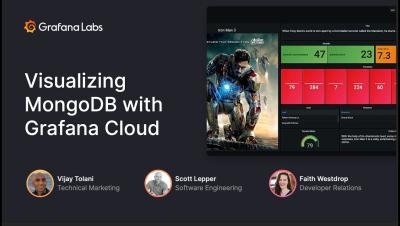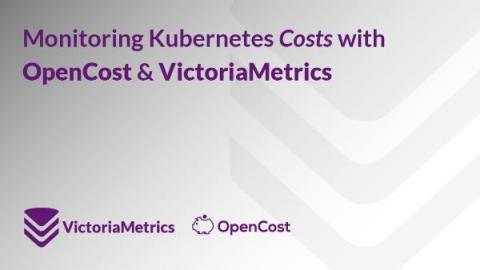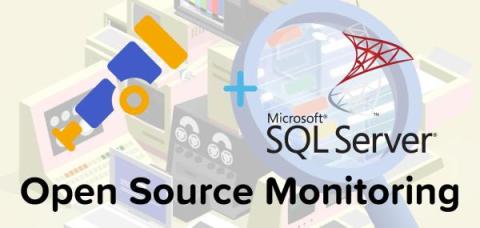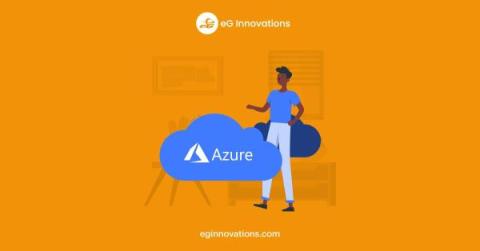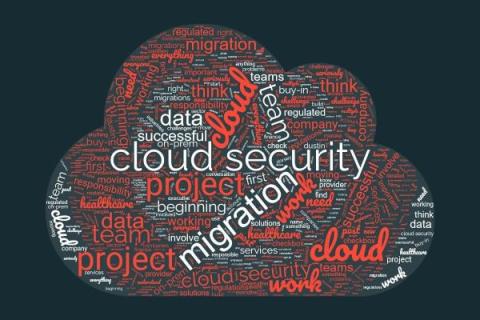Operations | Monitoring | ITSM | DevOps | Cloud
Databases
The latest News and Information on Databases and related technologies.
Five database DevOps practices for boosting team productivity
Monitoring Kubernetes costs with OpenCost and VictoriaMetrics
Control over operational costs is pivotal in Kubernetes' deployment and management. Although Kubernetes brings power and control over your deployments, it also necessitates thorough understanding and management of costs. OpenCost, specifically designed for Kubernetes cost monitoring, combined with VictoriaMetrics, an efficient time series database, offers a comprehensive solution for this challenge.
How to Monitor SQL Server with OpenTelemetry
Tutorial: Monitoring MySQL Server Performance with Prometheus and sql_exporter
Databases in one form or another are almost an inseparable part of modern applications. A popular one among them is MySQL on which this article will focus. But how to monitor MySQL? This article will give an introduction to this topic.
Planning and Baselining a Migration to Azure SQL
A migration from on-premises SQL Server to Azure SQL offers many customers a number of advantages. It can enable scalability, reduce costs, enhance security, ensure high availability, and simplifies maintenance. Many organizations are looking to equivalent cloud services to move on-prem workloads such as SQL databases to the cloud, freeing themselves from the overheads of purchasing, configuring and maintaining physical hardware and infrastructure.
SSO is now available
How to get your security team on board with your cloud migration
Elastic SQL inputs: A generic solution for database metrics observability
Elastic® SQL inputs (metricbeat module and input package) allows the user to execute SQL queries against many supported databases in a flexible way and ingest the resulting metrics to Elasticsearch®. This blog dives into the functionality of generic SQL and provides various use cases for advanced users to ingest custom metrics to Elastic®, for database observability. The blog also introduces the fetch from all database new capability, released in 8.10.
Find slow database queries with Query Insights
There’s only so much you can control when it comes to your app’s performance. But you control what is arguably most important - the code. Sentry Performance gets you the code-level insights you need to resolve performance bottlenecks.


